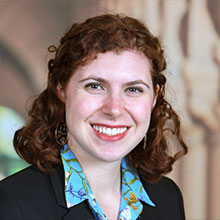
Power and Legitimacy in the Internationalization of Brazilian Universities by Isabel M. Sacks (*)
In 2017, the Brazilian government ended the fraught Science Without Borders (SWB) program and replaced it with the Institutional Internationalization Program (PrInt). Under PrInt, control of higher education internationalization is shifted to universities. 109 universities wrote proposals and 36 were selected to carry out a unique internationalization plan over the course of four years. As universities are now the primary nodes of internationalization in Brazil, their perspective must be considered in analyzing the role of power and legitimacy in the internationalization of higher education in Brazil.
Higher education is situated in political, social, economic, cultural, and epistemological contexts, and the blurring of national boundaries in these areas has significant implications. The central tension in internationalization remains: does it promote global citizenship, social justice, and cross-cultural solidarity? Or is it a mechanism of “uncritical imitation” (Klemencic, 2017, p. 109) of the countries and universities of the Global North (Altbach, 2004; Altbach & Teichler, 2001; Larsen, 2016)? It is crucial to consider how universities’ regional and national contexts influence how and why they internationalize.
In order to develop an understanding of how and why Brazilian universities internationalize, I conduct a qualitative document analysis of the internationalization strategic plans of nine universities approved for PrInt funding. I examine how these nine universities consider power dynamics and legitimacy at both the national and global levels when internationalizing their institution.
(*)Isabel Sacks is a MA Candidate in International Comparative Education at Stanford Graduate School of Education .

